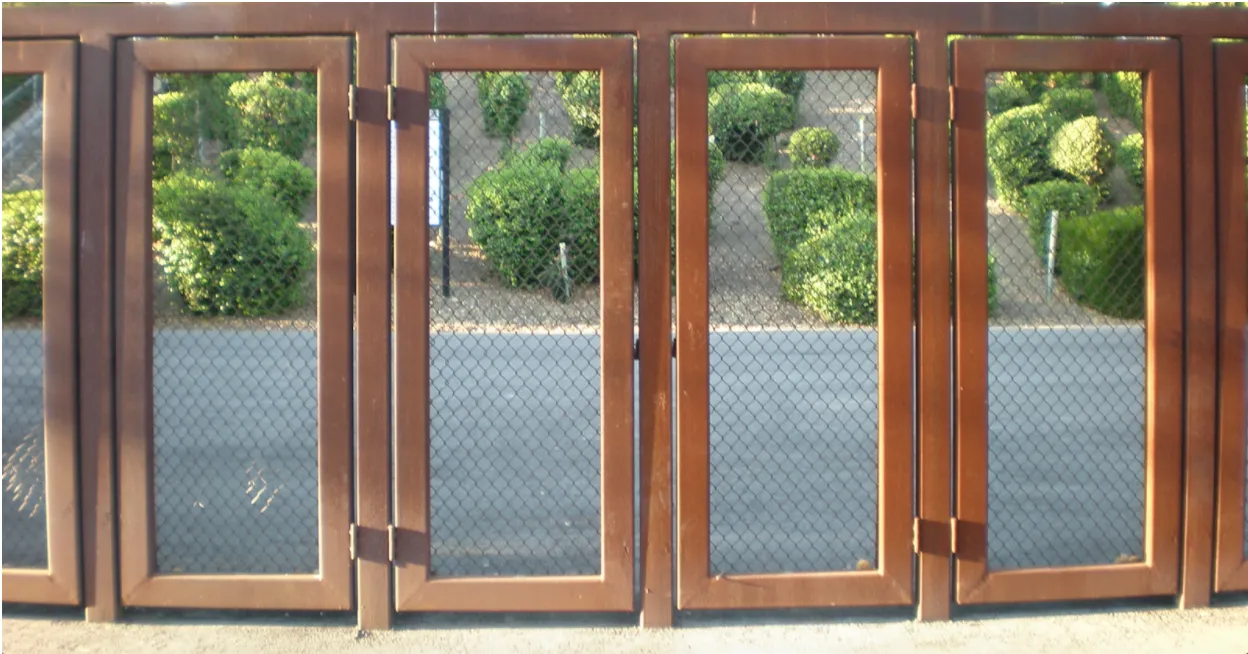Table of Contents
Examining the effects of SAL’s open membership policy one year later
Last year, Student Activities & Leadership (SAL) began enforcing an “open membership” policy for all voluntary student organizations VSOs (officially-recognized clubs receiving university funding), with the exception of performance groups. This shift on this policy, which had been in the rules for VSOs for decades but had never before been mandated for clubs, was due to a student poll (results were not shared publically) and a Yik Yak post complaining about clubs cutting students. An ASSU bill that proposed waiving the open membership requirement for some clubs never passed. Subsequently, while most clubs changed their membership structure to be open, others, like pre-professional groups which prefer to remain nameless, resisted the change.
In aletter to the Stanford Daily, SAL stated that the open membership policy, which bans clubs from cutting applicants or restricting membership, encouraged VSOs to fulfill their mission as “an important avenue for student learning, exploration, and peer interaction and leadership development”. Because VSOs receive funding and resources from Stanford, SAL argued that they should accept all students, not only a chosen few.
Almost one-quarter into the next school year, the policy is not working as SAL imagined.
“It has changed how we do things quite a bit,” said the president of a large pre-professional organization. “We had a bigger problem with retention this year”. This organization would formerly interview prospective members, looking for specific skills and personalities that would work well with the team. The selection process was exclusive, but the president believes it made the club better. “Because of the exclusivity, people who made it would feel really great about being part of the club.” Now joining the club simply consists of showing up to meetings. The president believes this “has made people think the club is less important than they would have otherwise thought.”
And though SAL seemed to target pre-professional groups in its policy enforcement, those VSOs were not the only ones affected. The presidents of an honors society described the policy as “a little heavy-handed”. For well over a century, their organization existed to honor the most deserving leaders on campus. However, they spent the summer redrafting their constitution after SAL took issue with their exclusive recruitment process. Now, they worry that alumnae will struggle to relate to new students recruited under SAL’s policy, will not longer be active themselves, and will no longer provide networking opportunities. Meetings where old and new members would “get together to celebrate elite accomplishments’ will now celebrate anyone, regardless of what she has achieved”?
Others in student groups worry that forcing inclusivity, virtually assuring that membership increases, will dilute the efficacy of programming for their more committed members. Previously in some groups, older members would mentor new members. Now, developing these personal relationships may be impossible because there are too many new members. Additionally, student groups that work with outside companies can no longer guarantee that their students are the most committed and high-quality.
The policy has not even been effective in its original intent. Clubs may be open to all, but many have instituted tier structures where the higher-tiered members are synonymous with those who would have passed recruitment in previous years and will receive the benefits of club membership. Lower-tiered members, who are in the club only because of the open membership policy gain, contribute less to and benefit less from the club. This tier system is prohibited by SAL because it obscures who will actually be involved in the club, but SAL has taken no action against it.
Barriers to joining clubs existed for a reason: to identify the best new members. Forcing the open membership policy on Stanford’s clubs was a mistake; clubs are now less effective than they used to be. Ironically, SAL’s actions have eroded clubs’ ability to educate and train Stanford students because senior members of clubs can no longer foster relationships with or provide the resources to benefit new members. Indeed, the basis for SAL’s renewed enforcement of the decades-old policy was shaky: a poll (not shared with the student body) and a Yik Yak post complaining about clubs cutting students. SAL would be wise to remember that Stanford itself is an exclusive institution, and for good reason. If Stanford were to admit every single applicant the campus would lose its sense of community, classes would be too full, professors could not teach effectively, and the Stanford degree would mean less. SAL should stop imposing needless regulations on clubs.





